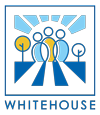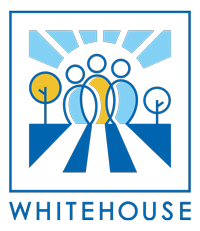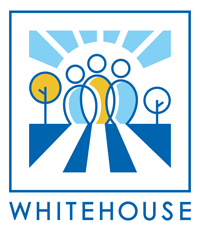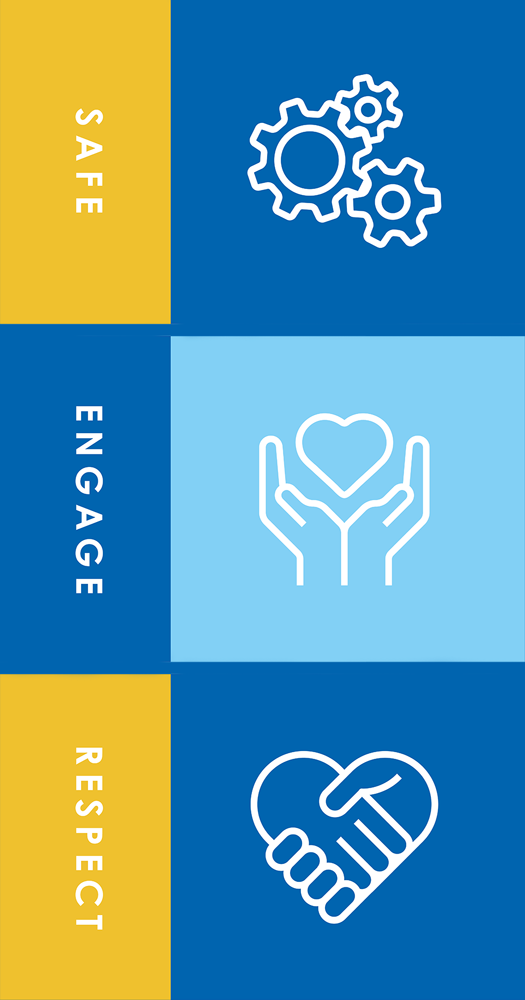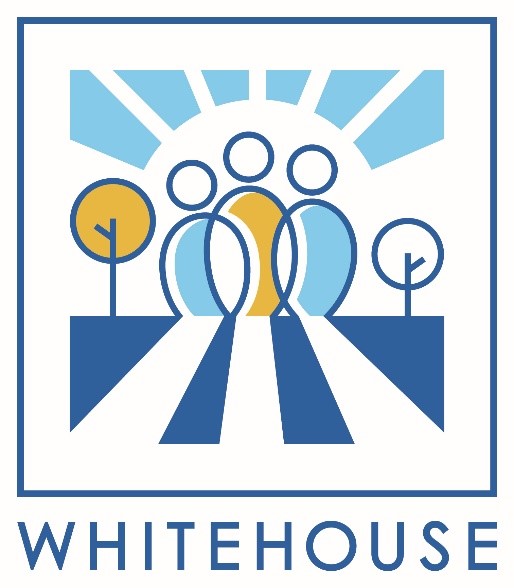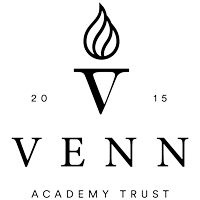Why do we teach Science at The Whitehouse?
At The Whitehouse we recognise the importance of Science in every aspect of daily life. We want our children to be curious about the world around them and develop a sense of excitement for natural phenomena. We want to provide children the opportunity to develop practical skills by working scientifically. We are committed to providing a stimulating, engaging and challenging learning environment.
Throughout our school children are encouraged to develop and use a range of working scientifically skills including researching, questioning and observing. Children will be immersed in key scientific vocabulary. Scientific language is to be taught and built upon as topics are revisited in different year groups across all key stages.
The Scientific area of learning is concerned with increasing children’s knowledge and understanding of our world and developing skills associated with Science as a process of enquiry. This will develop the natural curiosity of the child, encourage respect for all living organisms and for the physical environment.
What is the Science curriculum offer at The Whitehouse?
Our Science curriculum offer is built around the principle of greater learner involvement in their work. Through our planning, we involve problem solving opportunities, which allows children to investigate and discover independently.
Children are encouraged to ask their own questions and be given opportunities to use their scientific skills and research to discover the answers. This curiosity is celebrated within the classroom. Planning involves teachers creating engaging lessons, often involving high-quality resources to aid understanding of conceptual knowledge. Teachers use precise questioning in class to gain the understanding of pupil’s conceptual knowledge and skills.
Regular assessment is evident in lesson to identify those children with gaps in learning so planning can be adapted to meet the individual needs of all learners. We build upon the learning and skill development of the previous years. As the children’s knowledge and understanding increases, and they become more proficient in selecting, using scientific equipment, collating and interpreting results, they become increasingly confident in their growing ability to come to conclusions based on real evidence using scientific vocabulary.
How are knowledge and skills acquired in Science?
Our Science Curriculum is high quality, well thought out and is planned to demonstrate progression. Each new unit of work begins with a recap lesson of the previous related knowledge from previous years.
This helps children to retrieve what they have learnt in the earlier sequence of the programme of study and ensures that the new knowledge is taught in the context of previous learning to promote a shift in long term memory. At the beginning of each lesson, teachers plan opportunities for pupils to recall prior learning.
This enables pupils to consolidate their previous learning, while also preparing them for future learning, in line with the sequence of lessons. This is particularly important for our children, who may need more opportunities to retain and embed scientific vocabulary and concepts. Teachers encourage children to use a developing scientific vocabulary as they progress through each year group.
Children are encouraged to use scientific vocabulary and make sense of their observations and findings. Teachers model scientific skills, including planning, investigating, collecting data, evaluating results and drawing conclusions. As children move through the key stages, they will be given more opportunities to independently use and develop their own skills.
What are the enrichment opportunities in Science?
We aim to increase our pupils’ engagement, enjoyment interest and attainment in Science. We want to develop important life skills through enrichment and facilitate our pupils to engage with the wider community in practical, enjoyable and meaningful ways.
We hope to ignite new interest or raise attainment in Science through more imaginative, interactive and practical teaching. All teachers are encouraged to plan opportunities to develop children’s understanding of their surroundings by accessing outdoor learning and a variety of enrichment experiences.
